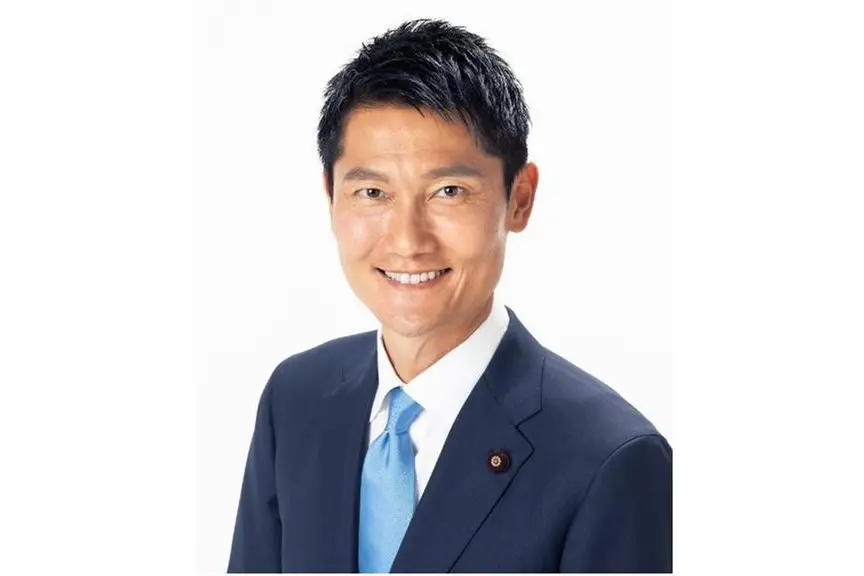PHOTO
ABU DHABI - Pre-COP28 meeting held here early this week was critical to build momentum for the success of COP28, Asahi Kentaro, Japan’s Parliamentary Vice-Minister of Environment, told the Emirates News Agency (WAM).
Kentaro attended the two-day Pre-COP28 in Abu Dhabi, the preparatory meeting prior to the 28th UN Conference on Climate Change (COP28) to be held later this month in Dubai.
“Pre-COP28 was the last opportunity for ministerial-level negotiation before COP28,” he said.
Crucial global stocktake
Emphasising the importance of COP28’s success, the minister pointed out the first global stocktake at COP28, which will provide a comprehensive assessment of progress since adopting the 2015 Paris Agreement that aims to limit the temperature increase to 1.5°C above pre-industrial levels.
“The Paris Agreement has been a key driving force in promoting climate action globally, resulting in effective implementation in all countries,” Kentaro stressed.
Japan has established its Nationally determined contributions (NDCs) to reduce Greenhouse Gas (GHG emissions) by 46 percent in fiscal year 2030, which is aligned with the 1.5 °C temperature goal, he explained.
“We already achieved 20 percent emission reductions in fiscal 2021.”
However, the minister said, the world is not on track to limit temperature increase to 1.5°C. “The global stocktake at COP28 should be the turning point in accelerating global response, based on the best available science provided by the Intergovernmental Panel on Climate Change (IPCC).”
Kentaro suggested that rapid, substantial, and immediate GHG emission reductions in this critical decade to 2030 are imperative, through various and practical pathways considering national circumstances.
“From the perspective of adaptation and addressing loss and damage as well, it is vital to reduce absolute GHG emissions sharply, as every increment of global warming will intensify multiple and concurrent hazards,” he noted.
Japan-UAE cooperation
The success of COP28 depends on finding common ground toward pathways that keep 1.5°C within reach, the minister said.
The UAE and Japan have a strong bilateral cooperation on environment and both countries will continue contributing to the success of COP28, he emphasised.
Regarding energy transition, Kentaro suggested that each party should accelerate it by promoting energy efficiency and the maximum use of renewable energy. He proposed using hydrogen, ammonia, and carbon capture, usage and storage (CCUS) for this purpose.
About climate finance, the minister made it clear that Japan will fulfil its commitments by steadfast mobilisation of approximately US$70 billion in private and public climate finance over 5 years to 2025, and doubling adaptation finance. In this regard, Japan announced its pledge to provide substantial contribution to the second replenishment of the Green Climate Fund, he added.
Regarding loss and damage, the minister noted that it is important to ensure steady and swift support to developing countries that are particularly vulnerable. “Japan will contribute to the discussion on loss and damage funding arrangements.”





















